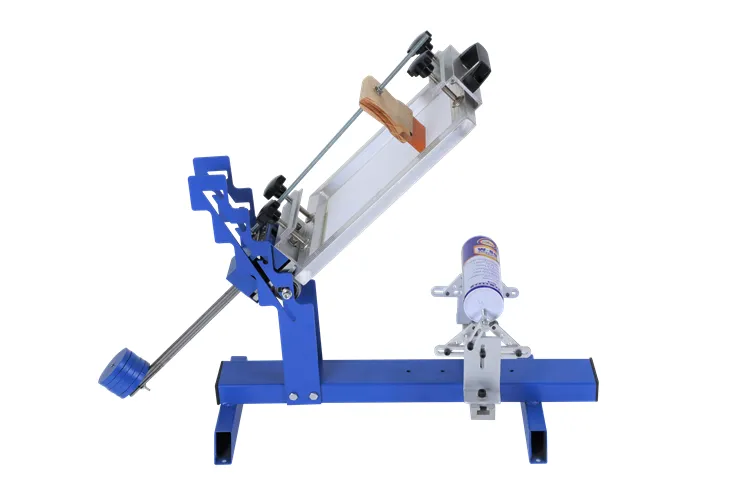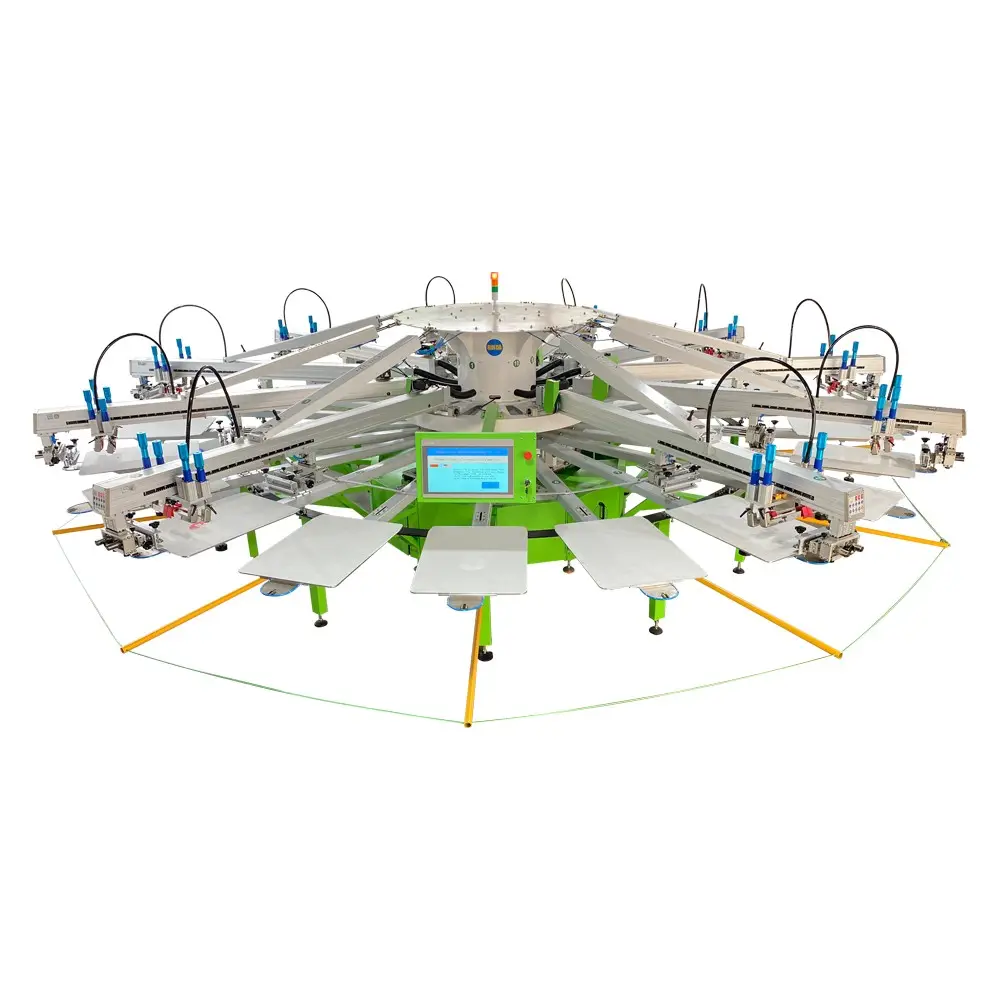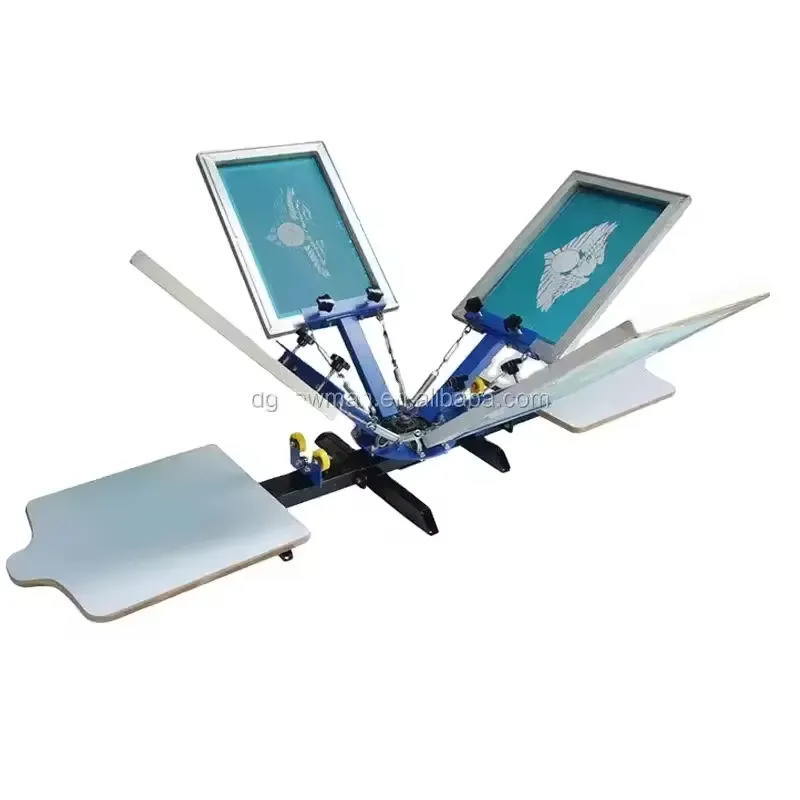대량 스크린 인쇄
대량 스크린 인쇄는 대량의 인쇄물을 생산하는 데 있어 매우 효율적이고 비용 효과적인 방법을 제공합니다. 이 산업용 인쇄 공정은 잉크가 아래의 기재로 밀려나도록 설계된 메쉬 기반 스텐실 시스템을 사용합니다. 이 기술은 섬유, 종이, 플라스틱, 유리 및 금속 표면과 같은 다양한 재료에 일관되고 고품질의 인쇄물을 제공합니다. 공정은 일반적으로 폴리에스터 또는 나일론으로 만들어진 미세한 메쉬 스크린에 스텐실을 만드는 것으로 시작됩니다. 잉크가 칠해져서는 안 되는 부분은 막히며, 디자인 영역은 잉크가 통과할 수 있도록 열립니다. 스크린은 인쇄 표면 위에 배치되고, 스크린 위로 잉크를 당겨 잉크를 열린 메쉬 영역을 통해 밀어내는 블레이드(스크리지)가 사용됩니다. 현대식 대량 스크린 인쇄 시스템은 자동 급지 장치, 정밀 등록 시스템 및 컨베이어 건조기와 같은 자동화된 기능을 포함하여 시간당 수천 개의 제품을 생산할 수 있는 빠른 속도를 가능하게 합니다. 이 방법의 다용성은 플라스티솔, 물기반, 방출 및 특수 잉크와 같은 다양한 잉크 유형을 사용할 수 있어 티셔츠 인쇄부터 산업용 사인 제작까지 다양한 용도에 적합합니다.


